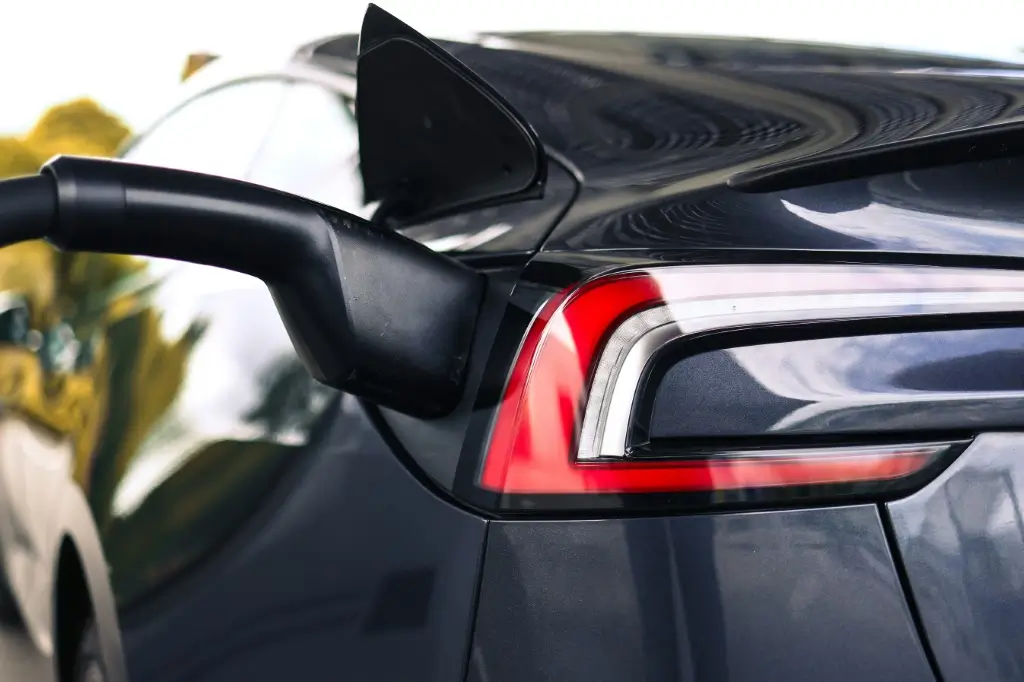
The price gap between electric cars and those with combustion engines is narrowing. In Germany, it fell below €3,000 for the first time, according to an analysis published on Friday by the Center Automotive Research (CAR) in Bochum. CAR Director Ferdinand Dudenhöffer explained that, on the one hand, price increases and declining discounts had made combustion engines more expensive, while on the other hand, prices for some electric car models had fallen and discounts had risen slightly.
“This reduces the price difference to €2,862,” explained Dudenhöffer. Added to this is a “second effect,” namely the increasing number of affordable electric cars. The auto expert cited Hyundai's Inster model as an example, which has replaced the manufacturer's “expensive and less marketable Ioniq 5.” This process will continue and support the spread of electric cars in Europe, Dudenhöffer explained.
The analysis looks at the transaction prices, i.e., the list price minus any discounts, of the 20 best-selling combustion engine and electric models. According to the analysis, the average price of these electric cars was just under 38,500 euros in January and around 35,600 euros in July. The price has therefore fallen by almost €2,900 within seven months, explained Dudenhöffer. In contrast, the average price of combustion engines rose by €183 over the same period.
The price trend is “a decisive factor,” emphasized Dudenhöffer, “not the additional charging station somewhere at a motorway rest stop.” The auto expert criticized the “never-ending discussion” about the ban on combustion engines for new cars in Germany from 2035. In view of the development, he said, this was a discussion “about the emperor's beard,” i.e., a minor issue.